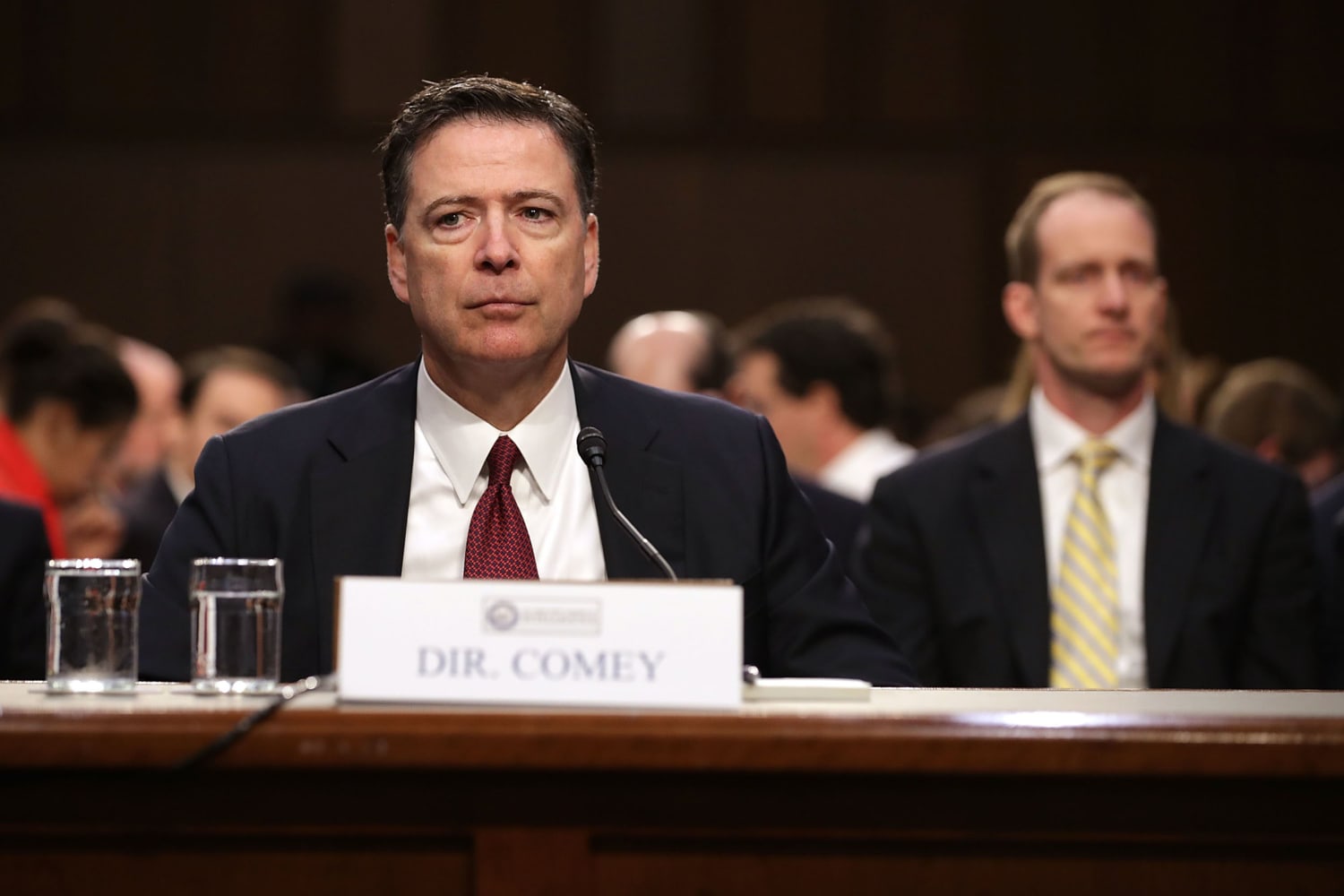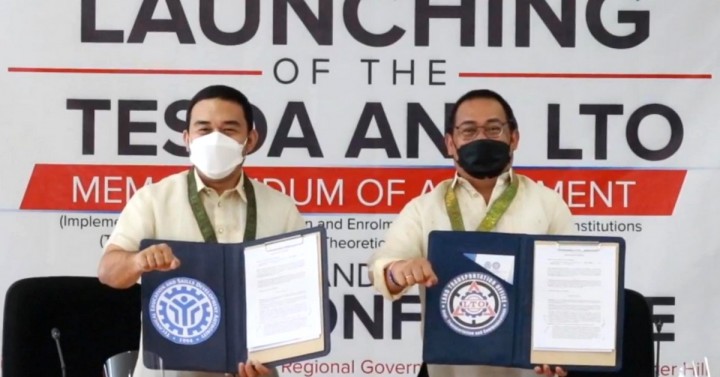
06 Nov, 2025
3 min read
Former FBI Director James Comey Indicted on False Statements and Obstruction Charges
The U.S. Justice Department announced criminal charges against former FBI Director James Comey on Thursday, accusing him of making false statements and obstructing a congressional investigation. If convicted, Comey could face up to five years in prison.
In an Instagram video, Comey expressed confidence in the judicial system, stating, "My heart is broken for the Department of Justice, but I have great confidence in the federal judicial system, and I'm innocent. So, let's have a trial and keep the faith." His attorney, Patrick J. Fitzgerald, affirmed, "Jim Comey denies the charges filed today in their entirety. We look forward to vindicating him in the courtroom."
The indictment marks a significant escalation in the ongoing campaign by former President Donald Trump to pursue legal actions against political adversaries he has long accused of undermining his presidency. Though Trump has frequently threatened imprisonment for his critics since his 2015 presidential bid, this is the first time his administration has secured a grand jury indictment against a prominent figure from his political past.
Trump, who dismissed Comey from his FBI post in 2017, welcomed the indictment with a social media post exclaiming, "JUSTICE IN AMERICA! He has been so bad for our Country, for so long." Trump has criticized Comey for his management of the FBI's investigation into alleged Russian interference in the 2016 presidential election and contacts with the Trump campaign.
The charges stem from Comey's 2020 congressional testimony, during which he denied authorizing leaks of sensitive FBI information. The indictment alleges that Comey misled Congress by denying he permitted others to serve as anonymous sources in media reports regarding an FBI investigation.
The case has sparked internal controversy within the Justice Department, with career prosecutors reportedly doubting the sufficiency of evidence to justify charges. The top federal prosecutor in the Eastern District of Virginia, Erik Siebert, resigned last week after clashing with administration officials over the case. His successor, Lindsey Halligan, a former White House adviser and Trump defense lawyer, personally presented the case to the grand jury, an unusual step typically performed by line prosecutors.
The grand jury declined to indict Comey on a third proposed count, which involved a separate false statement allegation tied to a Senate testimony about the 2016 election.
The indictment also generated personal repercussions: Comey's son-in-law, senior national security prosecutor Troy Edwards, resigned to uphold his "oath to the Constitution and country," while Comey's daughter, Maureen, a former federal prosecutor, filed a lawsuit following her dismissal, alleging retaliation linked to her father's indictment.
This development further exemplifies the fraught relationship between Trump and Comey that began when Trump fired him shortly after the FBI disclosed investigation into the president's campaign ties with Russia. Comey later emerged as a vocal critic of Trump, labeling him "morally unfit" for office.
The dismissal of Comey led to the appointment of Robert Mueller as special counsel to investigate Russian interference in the 2016 election, a probe that detailed multiple contacts but found insufficient evidence to prove a criminal conspiracy.
Former officials and legal experts have criticized the indictment as politically motivated. Norm Eisen, an ethics official under the Obama administration, described the prosecution as a "vindictive and meritless" effort that undermines the integrity of the Justice Department.
This indictment comes amid broader efforts by the Trump administration to reshape the Justice Department and pursue investigations against other political figures, including former National Security Adviser John Bolton and New York Attorney General Letitia James, both regarded as critics of Trump. Trump's resentful approach to perceived political enemies continues to cast a long shadow over the operations of federal law enforcement agencies.
Recommended For You

Luxury Market Shifts as Gen Z Shapes New Consumer Landscape
Nov 06, 2025
Tino Salonga

TESDA Director-General Highlights Growth and Funding Challenges in Technical Education
Nov 06, 2025
Eusebio Alcaraz

Department of Agriculture Launches "White Revolution" to Modernize Food Production
Nov 06, 2025
Eusebio Alcaraz

UK, Canada, Australia, and Portugal Officially Recognize Palestinian State Amid Gaza Conflict
Nov 06, 2025
Urbano Tolentino
